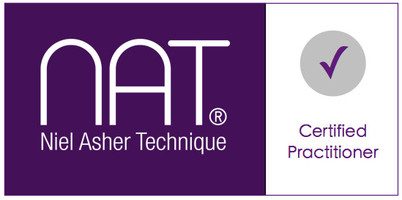How Can Massage Help You?
Experts estimate that more than 90% of disease is stress related. Massage is an effective tool for managing stress by
- decreasing anxiety and depression
- enhancing quality of sleep
- increasing energy
- increasing mental clarity and improving concentration
- reducing fatigue
- resetting your body’s natural stress response, allowing for more balanced moods
Massage can address health issues as well by
- promoting growth and development in infants
- assisting with shorter, easier labor for expectant mothers and shortening post-natal recovery time
- helping athletes prepare for and recover from strenuous workouts, training, competitions, and disabling injuries
- improving circulation (general and local)
- pumping oxygen and nutrients to vital organs and tissues promoting healthy organ and tissue function
- improving skin tone
- improving digestion
- encouraging diaphragmatic breathing (increased oxygenation to blood)
- enhancing immunity by boosting lymph flow (the body’s natural waste removal and defense system)
- reducing blood pressure and heart rate
- enhancing tissue repair and regeneration, allowing for healthy scar tissue formation, and reduced scar tissue and post-surgery adhesions
- promoting smooth joint function, increased joint flexibility, and increased range of motion
- improving overall health of muscle tissue by
- enhancing pliability of tissue related to muscles (tendons, ligaments, etc.)
- softening injured, tired, and overused muscles, thereby reducing spasms and cramps
- stretching and exercising weak, tight, and atrophied muscles
- effectively reducing chronic, long term, and diffuse pain by
- releasing endorphins – the body’s natural pain killer
- blocking transmission from small pain transmitting nerve fibers by activating large nerve fibers that carry tactile (sensory) information



